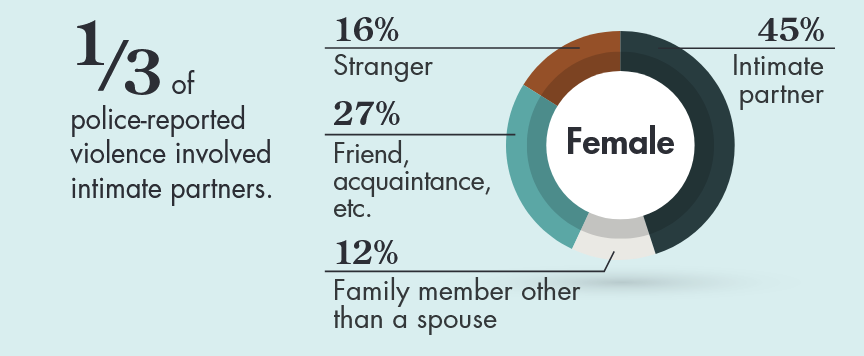Today, we commemorate December 6th the National Day of Remembrance and Action on Violence against Women following the murder of 14 female engineering students at l’École Polytechnique de Montreal in 1989.
BWSS commemorates the many ways in which women experience gender-based violence — from Missing and Murdered Indigenous Women and Girls, transgender women, gender non-binary folks and the broad spectrum of women girls across Canada.
This day continues to be a poignant reminder of the ongoing work that needs to be done to end gender based violence. Today is as important as it was in 1989 with the murders of the 14 women in Montreal. It reminds us how endemic and how much of an epidemic that violence against women is in Canada. Unlike other criminal activity in Canada, for the last 40 years reports of violence against women and girls has increased.
This week, Statistics Canada released their 2017 profile on police-reported rates of abuse for seniors, children, youth and intimate partners. Not surprisingly, they have found that gender- based violence has increased since 2016 based on what we see daily on the front line and through social movements like #MeToo that have had a direct effect on increased reporting to police and victim based services like BWSS.
In 2017, close to one-third of all police-reported victims in Canada were victims of intimate partner violence. As has been the case in previous years, females were over-represented, accounting for almost 8 in 10 victims. In fact, violence committed by an intimate partner (45%) was the most common type of violence experienced by female victims of violent crime in 2017. It is important to note that these are statistics based on police reports and that the majority of women and girls do not report to the police, they often report to family, friends and community based organizations, like BWSS, instead.

66 women were murdered by their intimate partner in Canada in 2017. Intimate partner violence and homicide are an ongoing violation of human rights. Not only does it deprive women of their lives but also has detrimental effects on their children.
The rate of violence against seniors also increase by four per cent between 2016 and 2017. There were 11,380 seniors aged 65 and older who were victims of police-reported violence in 2017. Slightly more than half of the seniors abused by family were women, with 32 per cent who were victimized by their husbands.
Annually, approximately 1,400 senior women reach out to BWSS looking for assistance because of an abusive situation within a current relationship with a husband and/or with an adult child and/or with a caregiver.
Police-reported family violence against children and youth higher in 2017 than 2016 with rates of violence were higher for female victims in every metropolitan area in Canada. Over 4,500 girls and young women experienced sexual violence in 2017. Given that approximately 10% of assaults are reported, the actual number is much higher.
Canada needs to do more in support of women and girls who experience violence. We must recognize that women are not experiencing violence by accident or because of a natural vulnerability –rather, violence against women is the result of structural, deep-rooted discrimination and cultural norms. As individuals, community and society we must commit to ending gender based violence in Canada.

While there is definitely a need for societal attitudes to shift in order to overcome the problematic attitudes and beliefs that leads to male violence against women, trans women and gender non-binary folks. Various policies and practices need to change in Canada in support of violence prevention and survivors.




